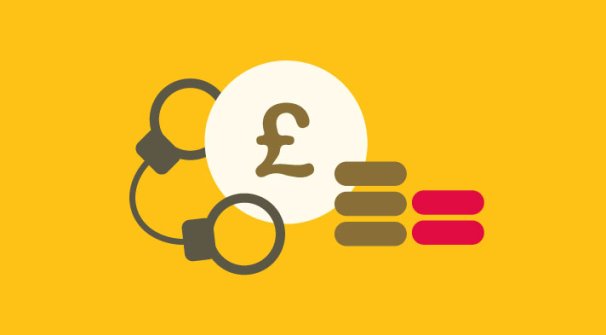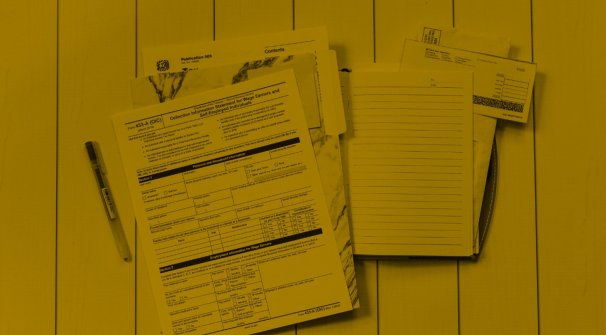Facing continued economic challenges, an election on the near horizon and conflict in the Middle East and Ukraine, this was always going to be a challenging budget for the Chancellor. That did not stop the Chancellor from trying to pull some vote-winning rabbits out of the hat – although there was unfortunately little to benefit charities.
Framed as a “growth budget” (and with both eyes firmly on the upcoming election), the budget focused on business investment initiatives, peppered with measures the government considers “retail offer” vote winners. As a result, there wasn’t much left in the Chancellor’s self-imposed “financial headroom” to offer to charities.
This is particularly disappointing, given the recognised value of charities to society. Charity lobby groups and other interested parties have recently pointed out both the economic value of the services charities provide supporting those of the state (up to £2.4bn in one estimate), and the disadvantages charities face compared to many other organisations. For example, charities are rarely able to recoup the VAT they pay on expenditure, and the Charity Tax Group has pointed out how they face a dizzying array of complexities in tax law. They also have to contend with tax-related thresholds that have been static for years in the face of inflation (such as those applying to the Gift Aid Small Donation Scheme).
Having said that, some measures which will impact charities and their beneficiaries include:
- From a gift aid perspective, it was helpful that the Chancellor reduced National Insurance Contributions rather than income tax rates, as that preserves the level of Gift Aid charities can claim.
- The VAT registration threshold will go up to £90,000 (from £85,000), a fairly modest increase. It is doubtful that this will make a significant difference in keeping small enterprises and charities from having to register for VAT, but any adjustments to thresholds are welcome in light of high inflation.
- There was concern that the new Digital Markets, Competition and Consumers Bill (which brings in protections for customers taking out digital subscriptions) would prevent charities from claiming gift aid on recurring charity memberships. The government confirmed that gift aid legislation would be amended by secondary legislation to prevent these unintended adverse consequences, so charities can continue to claim gift aid as before. The Charity Tax Group (of which Stewardship is a member) and other sector bodies lobbied for this.
- Following a consultation, the government is extending the 6-week reset period for empty property business rates relief to 13 weeks to counter abuse (so a property had to have been occupied for longer before qualifying for empty property relief), but didn’t go forward with more drastic proposals such as abolishing the next-in-use relief for charities (which benefit from longer empty property relief, as long as the next intended use is likely to be charitable). This is good news for charities.
- Medical research charities will receive £45m through the Medical Research Charities Early Career Researchers Support Fund into medical research into diseases such as dementia, cancer and epilepsy, including £3m for Cancer Research UK (CRUK).
- The current £90 charge to obtain a debt relief order is abolished, which is relevant for debt-relief charities.
- Continuing the household support fund for low-income households for another six months, at a total of £500m.
- The 45% higher relief rate for touring and all orchestral productions and 40% for non-touring productions introduced during the pandemic will be made permanent.
- Funding for nurseries and preschools will rise with inflation (a combination of inflation, earnings and the National Living Wage), as more places are made available in order to enable more parents to take up the funded 30 hours of childcare.
- The Platinum Jubilee Village Halls Fund receives £5m.
Besides business investment measures and funding for public services, there were a couple of notable personal tax measures:
- Employee national insurance – Class 1 NIC is reduced from 10% to 8% (self-employed Class 4 goes down from 8% to 6%). The Chancellor seemed to imply this is the beginning of the end for NICs, but no firm plans are on the table to get rid of this tax entirely (and, depending on the timing and outcome of the election, it may not be up to him).
- Tax thresholds, however, remained where they are – which means many people will move into higher tax brackets (or start paying income tax), in many cases cancelling the NIC decrease.
- Child benefit – to remove the inequalities and cliff-edge that takes place when one parent earns over £50,000 and a family loses the benefit (even with a sole-earner family at that level, compared to, say, two parents each earning £49,000 which causes no impact!), the high-income child benefit charge will be assessed on a household income basis from 2026. The current arrangements created perverse incentives, eg individual earners cutting back hours or refusing promotions in order not to lose child credit. In the interim, the high-income child benefit charge threshold goes up to £60,000 (from £50,000), with the higher taper ceiling (where the benefit ends completely) up to £80,000 to smooth this transition.
- Certain changes to capital gains tax (the higher rate comes down from 28% to 24%, multiple dwellings relief abolished).
- The non-dom tax status is significantly curtailed, with transitional relief available to individuals otherwise still within the 15-year grace period before they start paying UK tax on worldwide earnings.
- Fuel duty and alcohol duty is frozen for another year.
- The pension triple lock for pensioners is maintained.
Sharpen
Quarterly emails for trustees, treasurers and Church and Charity Leaders. Practical tools, technical resources and expert guidance to safeguard your mission and ministry.











